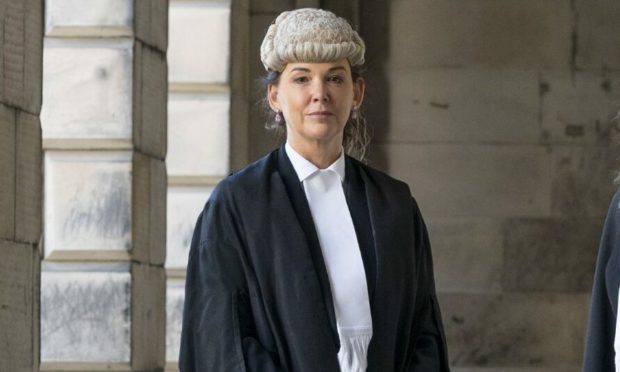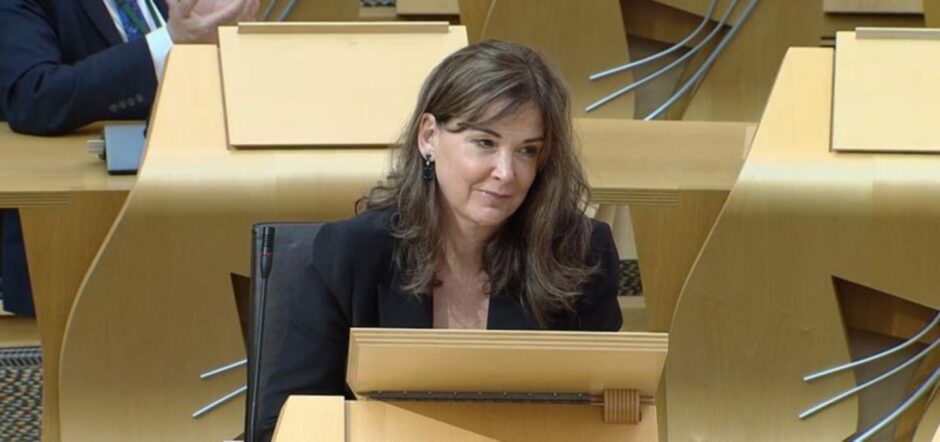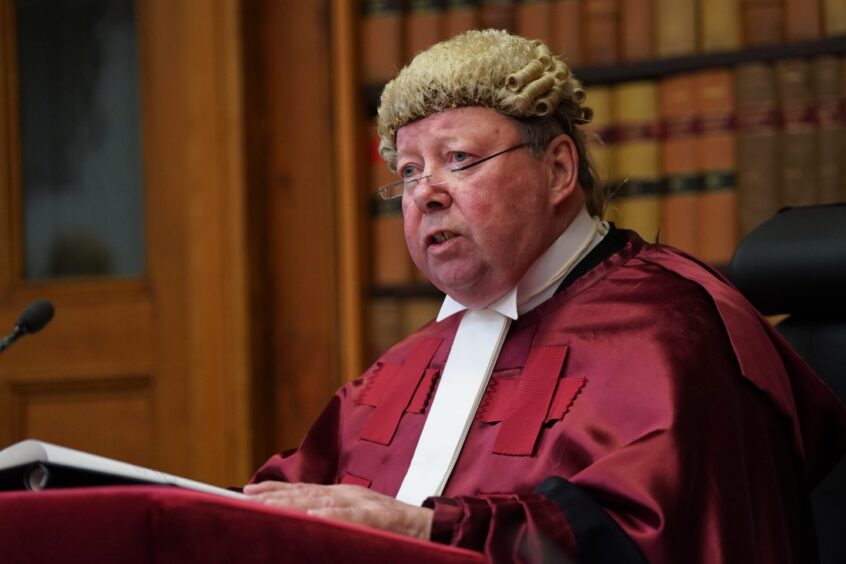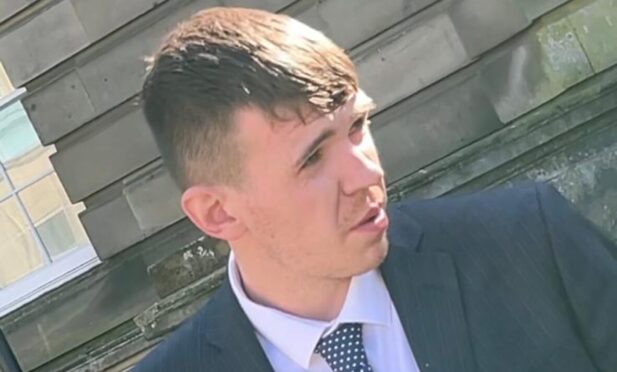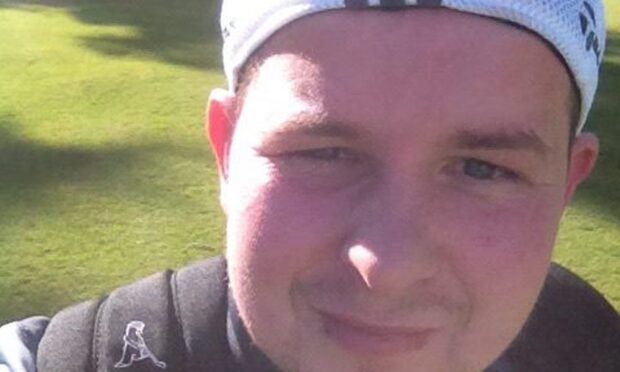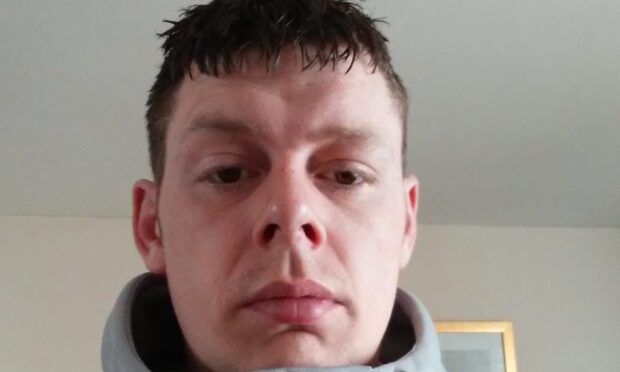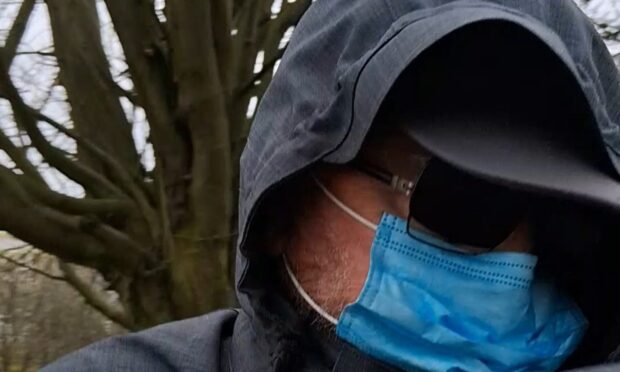Senior judges have heard it is of “profound importance” they change a decades-old legal rule which prosecutors believe limits rape prosecutions being brought to court.
The Lord Advocate Dorothy Bain KC urged a panel of nine College of Justice senators to rule a legal finding dating from 1937 is no longer applicable in the justice system.
Scotland’s top law officer has gone to the Court of Criminal Appeal in Edinburgh to seek the change after two sexual assault trials last year ended in acquittals.
Ms Bain believes the rule – which followed an appeal court case from 1937 – should no longer apply.
Scots law currently states statements made by an alleged victim shortly after they claim they have been sexually assaulted cannot be used as a source of corroboration in prosecutions.
The Lord Advocate wants the court to consider whether statements made soon after an incident can corroborate a complainer’s account in the absence of evidence of them appearing to be distressed.
She also wants the court to consider, if the statements are admissible, at what point in time following the alleged attack or in which circumstances, prosecutors cannot use them to help prove their case.
‘Profound importance’
On Wednesday, Ms Bain told Scotland’s most senior judge Lord Carloway and his colleagues statements made shortly after the offence should be allowed to corroborate other evidence the crime happened and the accused was the perpetrator.
She said: “It is strongly in the interests of justice and the public interest that if the law has taken a wrong turn then the court must take action.
“It is a matter of profound importance.”
Ms Bain has gone to court after the outcomes of two trials.
The first concerned a woman in Edinburgh who told passers-by and the police she had been raped by a man she met in a nightclub.
The second involved the alleged abuse of two boys by their babysitter.
The case being argued in the Court of Criminal Appeal will not affect the outcome of either trial.
Historical ruling
Lord Carloway, the Lord Justice General, is sitting with Scotland’s second most senior judge, Lady Dorrian, the Lord Justice Clerk.
They are joined by Lord Pentland, Lord Boyd, Lord Armstrong, Lady Paton, Lord Matthews, Lady Wise and Lord Beckett.
In Scotland, jurors have to follow the rule of corroboration to find an accused person guilty.
This means they have to find two independent sources of evidence to prove crimes have been committed.
The ruling in 1937 was made after a man called Henry Morton successfully challenged his conviction for indecent assault in a tenement close in Glasgow in 1936.
She was the only person who identified him as her attacker and the conviction was quashed on appeal the following year.
At the time, the judges who heard the case ruled a statement made by an alleged victim shortly after the alleged offence could only be used to show they had been consistent in their account of what happened.
In other words, it could support the contention that they had been saying the same thing all along, but nothing more.
The court concluded that it could not be used as a separate source of evidence and could not be used as corroboration.
That ruling has been applied ever since.
‘End of corroboration as we’ve known it’
Last year the Lord Advocate secured an important change in the rules on evidence of distress in rape cases.
A panel of seven judges concluded the distress displayed by a complainer to another witness can be used to corroborate sexual assaults.
On that occasion, Ms Bain KC told the appeal court it was wrong for jurors not to be allowed to consider that the distress shown by a rape victim as a source of corroboration.
Speaking to BBC Scotland, law lecturer Dr Andrew Tickell, from Glasgow Caledonian University, said that if the appeal court accepted Ms Bain’s submissions, it would transform the Scottish legal system.
Dr Tickell added: “This would effectively be the end of corroboration as we’ve known it for almost 100 years in Scotland,
“That is a huge intervention in the justice system.
“It would mean we could rely on the evidence of a single witness potentially to corroborate far more than they can under the current law.”
Lawyer Shelagh McCall KC acts for one of the people acquitted after trial last year.
She told the court on the second day of the hearing existing practices provide “safeguards” to prevent “wrongful convictions” and urged the court to reject Ms Bain’s arguments.
Lord Carloway said he and his colleagues would issue their decision in the near future.
He added: “The issues in this case are of some considerable importance. The court will take time to consider the matter.”
